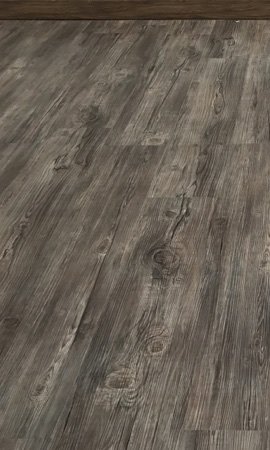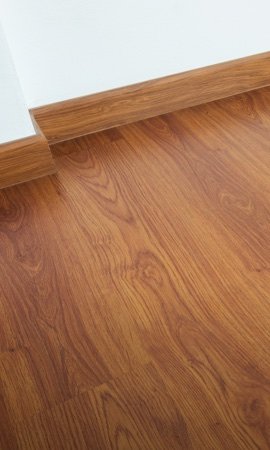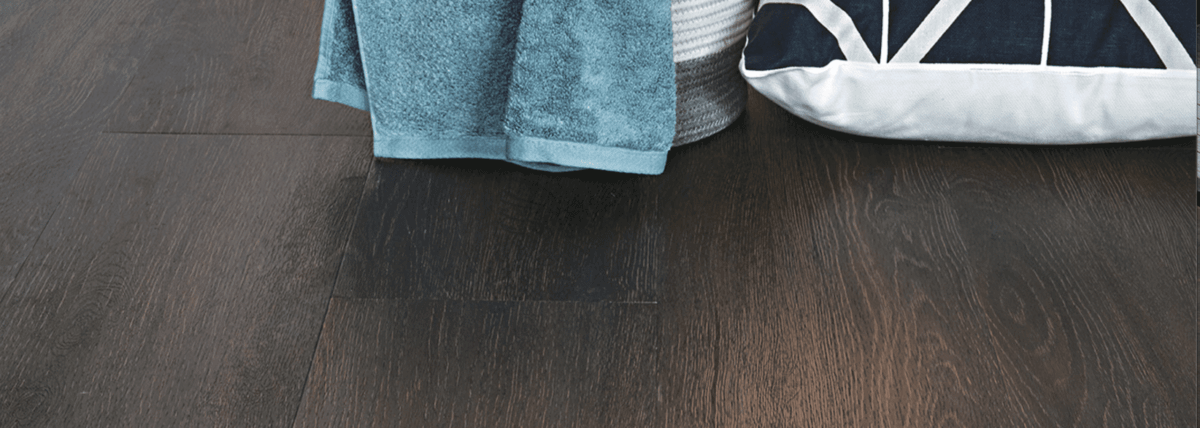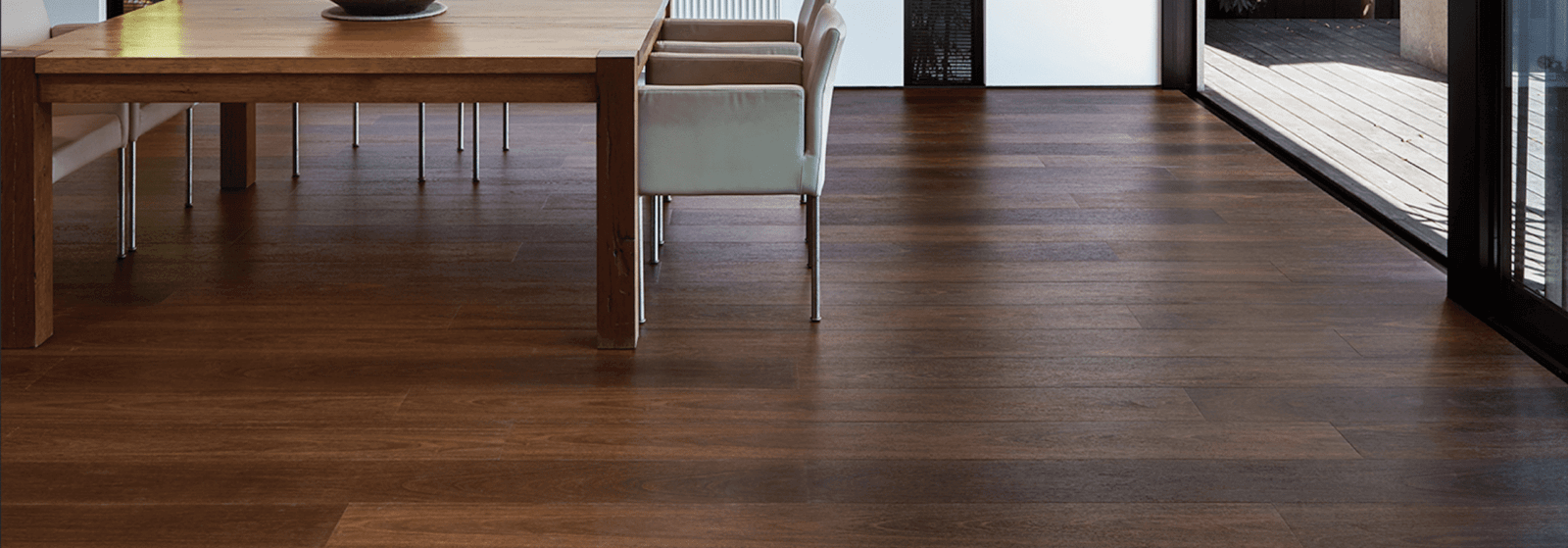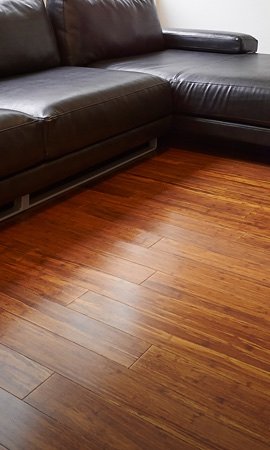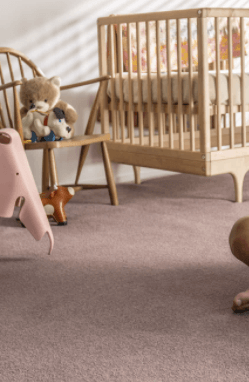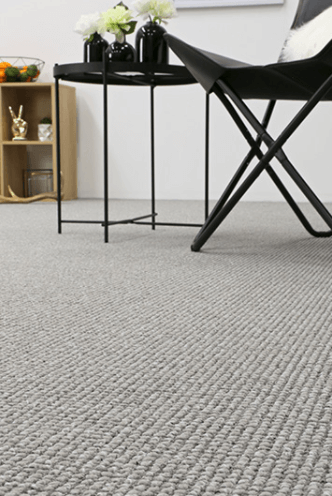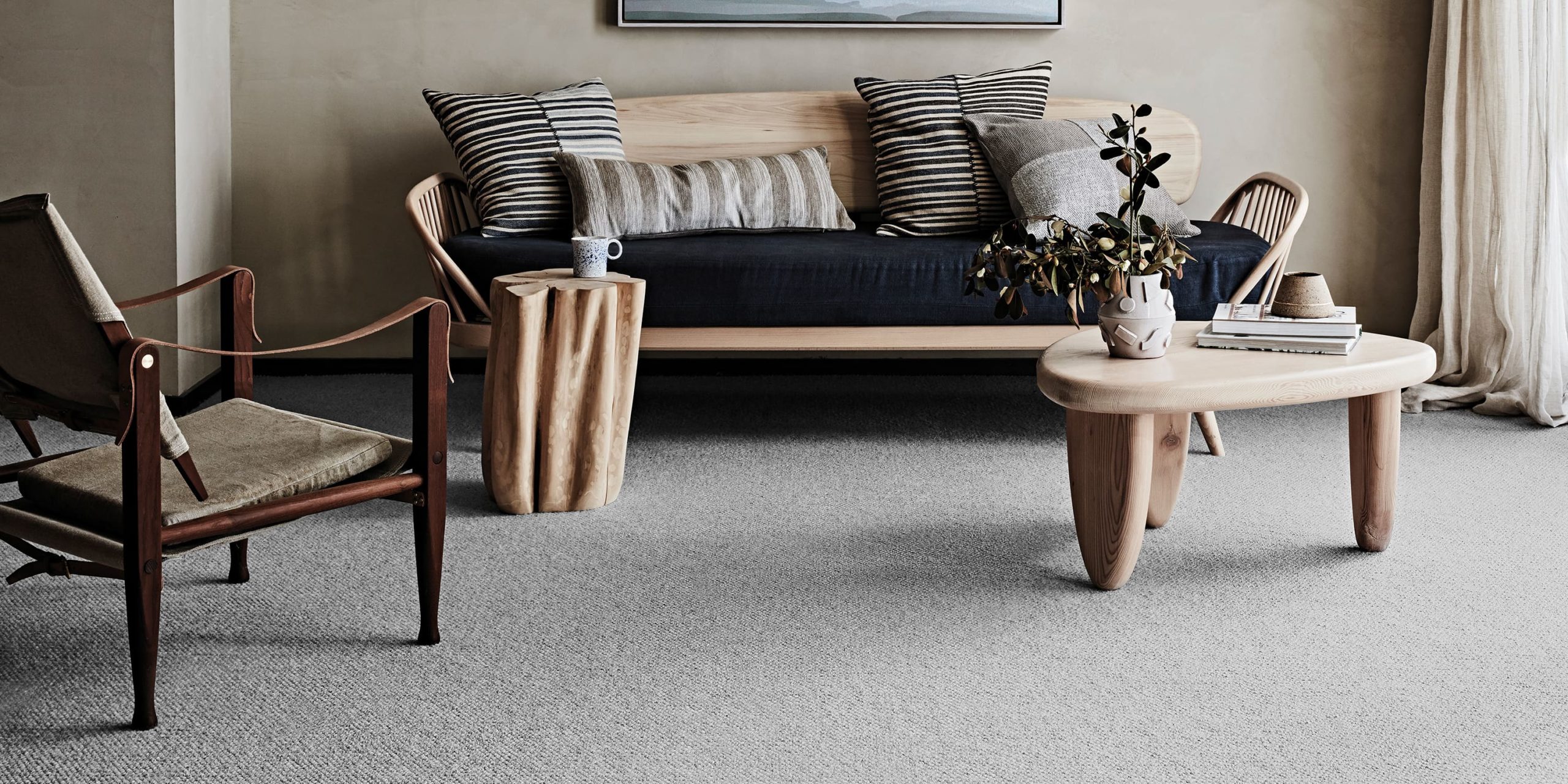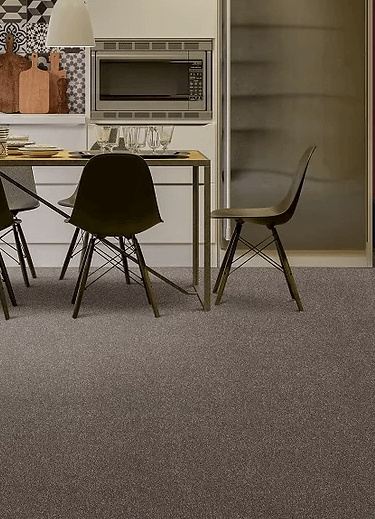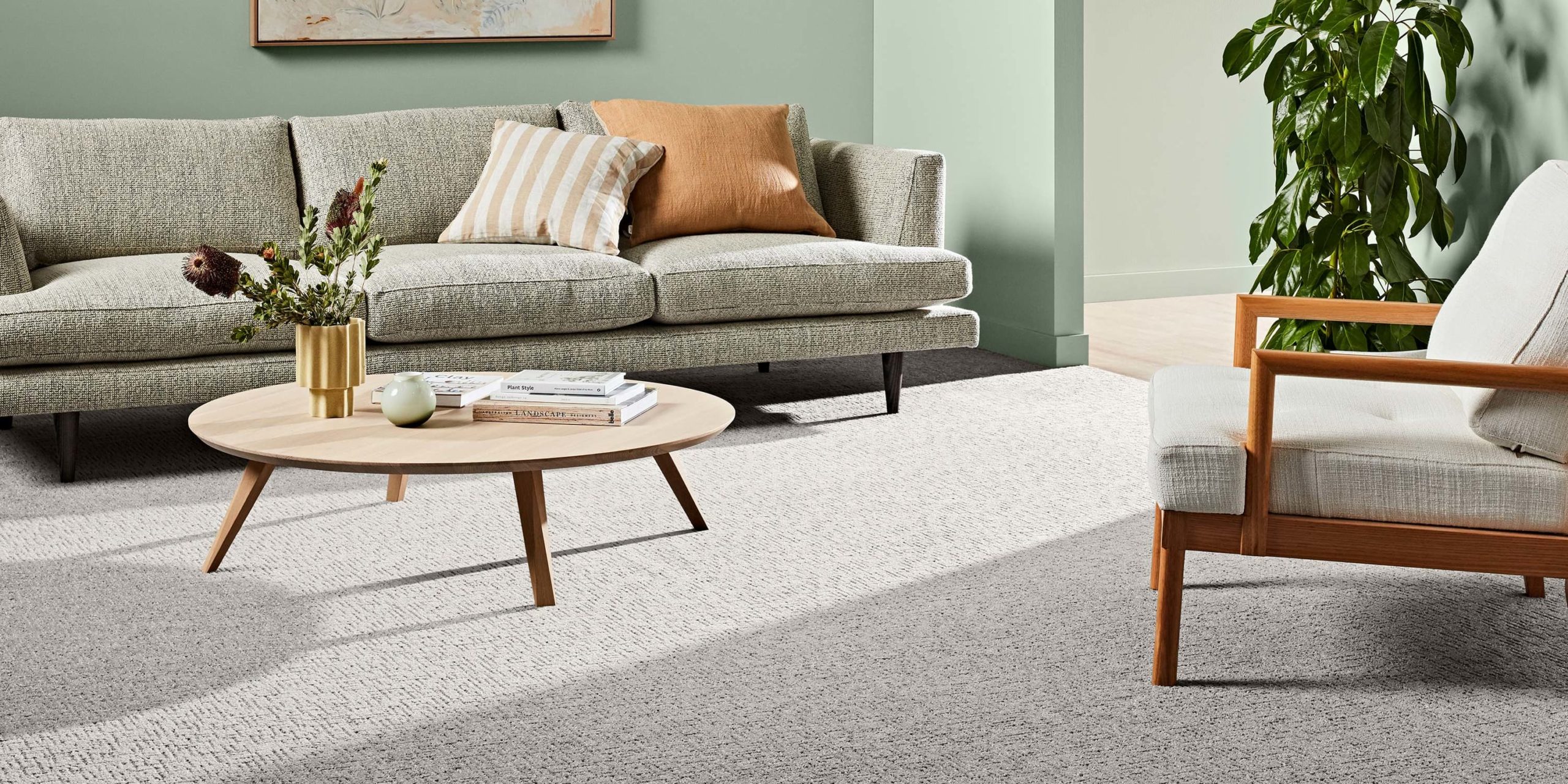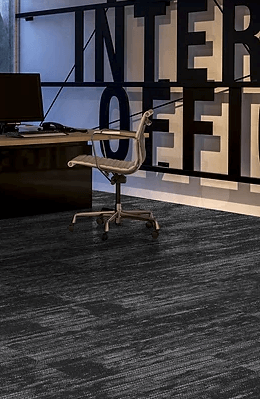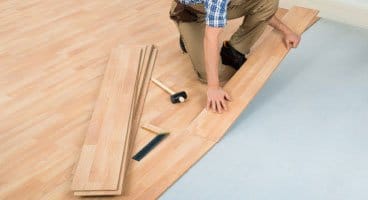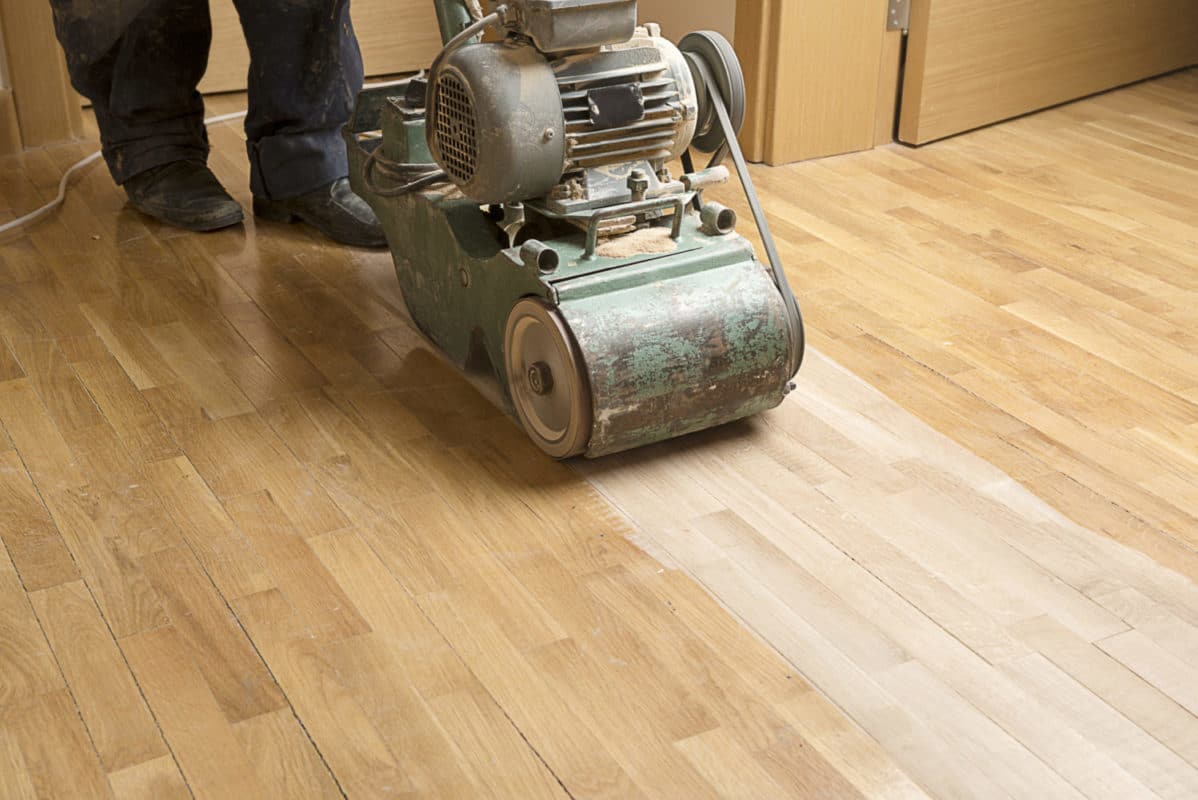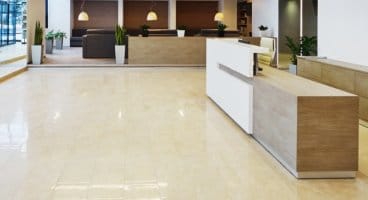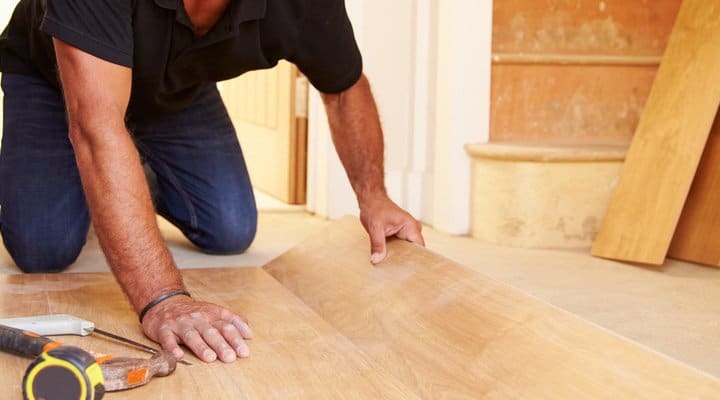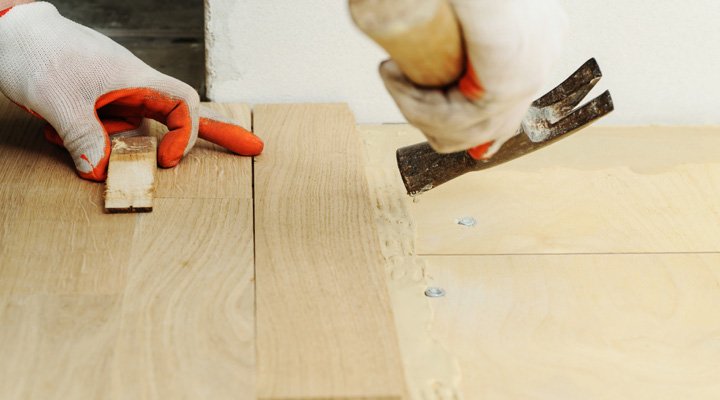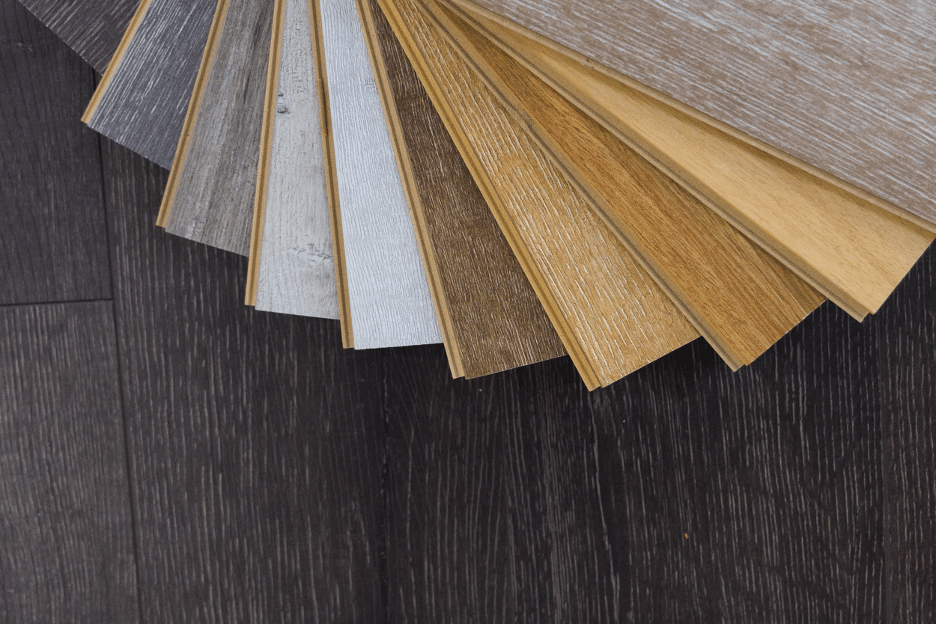

01 Mar Hybrid Flooring vs Laminate Flooring
In recent years, hybrid flooring has emerged as a serious contender within the flooring market. Hybrid floors combine the waterproof nature of vinyl, hardness of tile, and rigidity of hardwood. But are they as good as (or dare I say, better than) laminate flooring?
In this article, we’ll look at how they compare to each other over a range of factors so that you can make an informed decision on which floor is best for you.
Overview: Hybrid Flooring vs Laminate Flooring
Here’s the tldr comparison between the two floors:
| Hybrid Floors | Laminate Floors | Winner | |
| Construction | ✓ – sturdy, advanced construction | ✓ – sturdy, advanced construction | Tie
(Hybrid has slight advantage) |
| Installation | ✓ – click lock system, easy to install | ✓ – better click lock system, easier to install | Laminate
(better click-lock system) |
| Affordability | ✘ – affordable, especially compared to timber | ✓ – more affordable than hybrid floors | Laminate |
| Design | ✓ – over 100 colours and styles at FloorVenue | ✓ – over 100 colours and styles at FloorVenue | Tie |
| Water Resistance | ✓ – 100% waterproof | ✘ – water resistant, but not waterproof | Hybrid |
| Durability | ✓ – very hard and durable | ✓ – very hard and durable | Laminate
(Laminate’s surface is slightly more durable) |
| Comfort | ✓ – softer on the surface, springy and comfortable, especially due to its underlayment | ✓ – slightly harder on the surface, but also comfortable with good underlayment. | Hybrid
(softer underfoot) |
| Maintenance | ✓ – easier to clean due to its waterproofness. | ✘ – a little harder to clean than Hybrid Floors, although still much easier than other floors | Hybrid
(easier to maintain due to waterproof nature) |
| Installation and Repairability | ✓ – it’s easy to install, so it’s easy to repair | ✓ – it’s easy to install, so it’s easy to repair | Tie |
Both hybrid and laminate floors are great options for the home, for they are highly durable, beautiful, easy to maintain and affordable. The greatest difference – hybrid flooring is entirely waterproof, whereas laminate flooring only features slight water resistance. However, hybrid floors are slightly pricier than laminate flooring.


Now, let’s dive deeper into the comparison.
Construction
Hybrid and laminate flooring are very similarly constructed with multiple layers that are pressed together:
Top Layer
The top layer gives hybrid and laminate flooring its hardness, as it’s made of a hard-wearing substance like aluminium oxide. This protective coating is UV and water-resistant, so you don’t have to worry about small spills or impacts.
Print Layer
Beneath this layer is the print layer, which gives both types of flooring their immensely wide range of designs. In this layer, advanced printing technology is used to emulate surfaces such as timber, stone, or marble. Both hybrid and laminate floors look very realistic compared to the surfaces they mimic, as they can capture the texture and look of other types of floors.
Core Layer
The core layer is the primary difference between hybrid and laminate floors.
Hybrid floors come in two broad types based on this layer: Stone Plastic Composite (SPC), which is composed of natural limestone and PVC plastic, and Wood Plastic Composite (WPC), which is made of recycled wood and PVC plastic. Between these options, Wood Plastic Composite (WPC) is usually thicker and softer, but this makes it a little more expensive than SPC hybrid floors. This softness does make it feel more comfortable, though.
Laminate floors are usually made of an HDF (High Density particle boards) infused with resin. This is a more economical option compared to that used in hybrid floors, but isn’t as resistant to moisture.
The majority of hybrid floors and some types of laminate floors also have a pre-attached underlayment, which is a sturdy foam that increases foot comfort and reduces sound resonance.
If your desired model doesn’t have an underlayment, you will need to source one individually. If you’d like extra noise dampening, you can also add high-density acoustic matting (usually made of rubber or cork) underneath the included underlay.
As you can see, both hybrid and laminate floors are very similar in construction. However, we think that hybrid floors edge out laminate floors marginally because of their more advanced core layer technology, as well as the fact that they commonly include pre-attached underlay, which can reduce installation costs.
Winner: Tie (but hybrid floors are slightly better)
Installation
Both hybrid and laminate flooring are simple to install as a floating floor. To ensure long-term stability, FloorVenue’s expert installers follow Australian Standard 1884 (Resilient flooring installation), which requires subfloor tolerances of no more than 4mm over 2 metres.
Tip: See how Floor Installation Costs are typically broken down here!
Winner: Tie
Affordability
In addition to their low installation costs, hybrid and laminate floors are also relatively similar when it comes to their material cost due to their similar composition. However, hybrid flooring systems use more advanced technology when it comes to their plastic-infused core layer, so they are a little bit more expensive in this comparison.
Overall, we think that laminate floors just edge out hybrid floors when it comes to affordability.
Winner: Laminate Floors
Design
Both hybrid and laminate floors make use of a print layer that beautifully reproduce the patterns and ridges of other surfaces, so you have enormous flexibility in choosing the design that’s right for you! Laminate floors have a few more designs you can choose because they’ve been in the market for a little longer, but they’re largely very similar to each other.
Winner: Tie
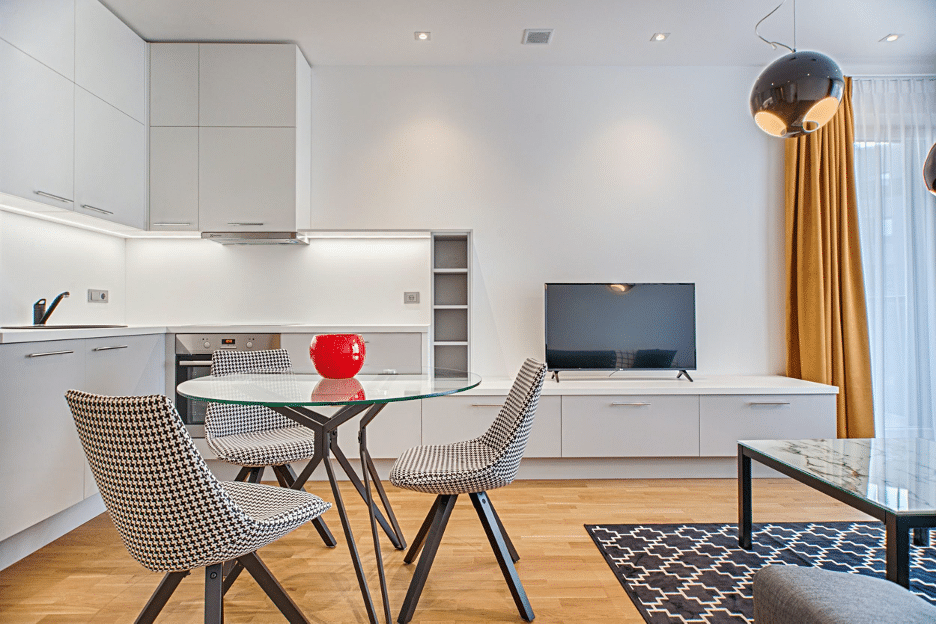

Water resistance
Here’s the first major difference between hybrid and laminate floors!
Hybrid floors, by virtue of their protective topcoat and waterproof core, are 100% waterproof! This means that you can even use them in areas such as kitchens and the laundry! However, you still shouldn’t use them in soaking wet areas, like near swimming pools and in the shower. For wet areas, installation should comply with Australian Standard 3740 (Waterproofing of domestic wet areas) to prevent long-term moisture damage.
Meanwhile, laminate floors just can’t compete in this field. Although some of them are very water-resistant, the particleboard core can expand on continued exposure to water, causing unsightly peeling. We think the winner here is clear.
Winner: Hybrid Floors
Durability
Hybrid and laminate floors both make use of a tough protective coat that will repel any scratches or dents. As a result, both types of flooring are suitable even in high-traffic areas like the living room and hallway, and they’ll both be able to last for years and years. How’s that for peace of mind?
This is a close one, but laminate flooring’s surfaces tend to be slightly more scratch-resistant and durable than hybrid flooring’s surface.
Winner: Laminate Flooring (Almost a Tie)
Comfort
If you’re looking for comfort, hybrid and laminate floors are both great choices. However, hybrid floors do feel slightly softer and friendlier underfoot compared to the hard surface of laminate flooring.
Otherwise, their springy underlayment makes both comfortable to walk and stand on. This underlayment used in both types of floors is also an insulator, so they also have great thermal benefits in allowing you to comfortably use these floors all year round.
Winner: Hybrid Flooring
Maintenance
When it comes to cleaning your floor, both hybrid and laminate floors are good options. They don’t leave any gaps between floorboards, so any disgusting grime can’t build up in hard-to-reach places. In fact, you’ll probably only need to sweep or vacuum these floors occasionally to keep them looking clean, especially compared to alternatives like carpet.
Hybrid floors do have an advantage when it comes to cleaning, though, which is their waterproofness. Unlike laminate floors, you can also use a wet mop on hybrid floors, which is especially useful for cleaning spills up easily.
You should note, however, that both types of floors do not like detergents or conventional household cleaners, as this can damage the protective layer. Instead, you should use pH neutral cleaners for any stubborn stains.
Winner: Hybrid Floors
Repairability
The advanced click-lock system used in both hybrid and laminate floors makes them a cinch to install, as well as to uninstall! In the event that any of the floorboards become damaged, it’s quite easy to replace them individually, which reduces costs and helps your floors to look fresh for longer.
Winner: Tie
Conclusion: Is Hybrid or Laminate flooring better?
Hybrid floors and laminate floors are very similar in almost all regards, although the major differences are that hybrid floors are 100% waterproof and a little bit more expensive. Both are highly recommended alternatives to real timber floors, as they are cheaper, more durable, easier to install and come in more colours and styles.
Indecisive on choosing which one’s right for you? If you’re in the Sydney area, FloorVenue has a dedicated and highly experienced team that is ready to give you help! We have over 20 years of experience in the flooring industry, and give free on-site consultations so that you can make the right choice.
